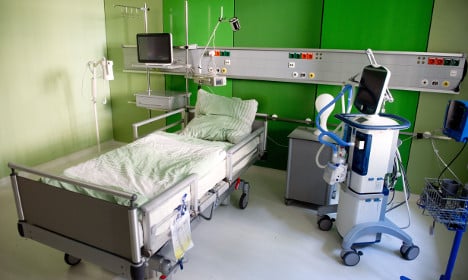One scam involves health workers who charge for 24-hour care but are alleged to only check on their patients two or three times a day, said the Welt am Sonntag weekly.
In some cases patients' family members are complicit in the fraud, taking a cut of the sum siphoned off the healthcare system.
The report, produced jointly with broadcaster Bayerischer Rundfunk, said the fraud involved mainly patients requiring intense care, of whom there are an estimated 19,000 in Germany.
Care for such patients costs insurers around €22,000 ($25,000) a month, of which one fifth is believed to be lost to fraud, according to the report.
“The healthcare invoice fraud by Russian care providers is a nationwide phenomenon that affects particular places where there are groups that are closed off by language barriers,” said the report, quoting an internal dossier compiled by Germany's federal police.
“In some cases, Russian-Eurasian organised crime is known to have invested in home care services,” said the police document.
Federal police declined to comment on the contents of the internal report.
“Municipal social assistance agencies and health and nursing care insurers, and therefore the general public, are suffering considerable damage,” said police in a statement.
With an ageing population, Germany has a booming health and home care market.



 Please whitelist us to continue reading.
Please whitelist us to continue reading.